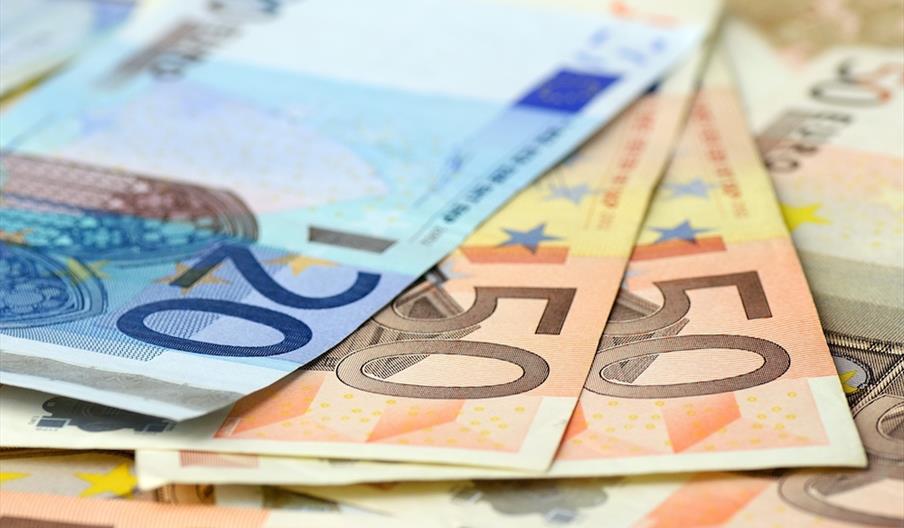
About
Summary
There have been numerous studies undertaken over the years regarding the impact of exchange rates on tourism flows between countries. These studies all had very different outcomes, and there did not appear to be any common conclusions. However, in general it was widely accepted that changes in exchange rates do have an impact on visitor flows to various extents.
This policy paper study for the European Union examined exchange rate changes between the euro and five other key currencies: the US dollar, Japanese yen, Chinese yuan, Russian rouble, and British pound, over a five year period and their impacts on inbound and outbound tourism.
Our Approach
The study was undertaken entirely as desk research, utilising data from national tourism administrations, exchange rates over a 10 year period, and policy documents and research.
Outcome
Analysis of the exchange rates between the euro and the five currencies, and the corresponding tourist flows between the source destinations and Europe (but particularly the euro area), indicated that there was no conclusive evidence that the increasing strength of the euro over the period 2001-2005 had a negative impact on inbound tourism.
National and regional tourism administrations can benefit from fluctuating exchange rates, in particular minimise the effects of a strong euro, by targeting those markets that are less sensitive to exchange rates (such as business travellers and higher spending tourists), increasing marketing activities in destinations whilst exchange rates are favourable (and therefore less expensive), by ensuring they do not rely too heavily on one market, and developing a unique product that ensures tourists do not have a viable alternative. Alternatively, a weak euro could offer the opportunity for destinations to attract border crossers and day-trippers, as these are known to be most likely to respond to currency fluctuations.
Directions
Projects Nearby
Feasibility study of a large online tourism statistics and information database for the…
A practical business guide aimed at supporting local tour operators and SMEs looking to…
A comprehensive study about the Adventure Tourism sector was required to support SME’s in…
Commissioned by the CBI, the Netherlands Enterprise Agency, Acorn researched and authored…
This detailed business guide was conducted to support local tour operators throughout…
This detailed business guide was conducted to support local tour operators throughout…
An extensive guide outlining the importance of sustainability in tourism and what…
A detailed study into Community-base tourism (CBT) was required to support SMEs and local…
Acorn Tourism conducted research for this comprehensive business guide to help local tour…
Acorn Tourism conducted research for this useful business guide to help local tour…
Acorn Tourism conducted research for this comprehensive business guide to help local tour…
Acorn Tourism conducted research for this comprehensive business guide to help local tour…
Acorn Tourism conducted research for this useful business guide to help local tour…
This detailed business guide was aimed at supporting tourism SMEs throughout Africa, Asia…
The study provided a detailed picture of the global cruise industry and offered a wide…
An extensive guide detailing the steps needed to help tourism businesses improve their…


.png)





